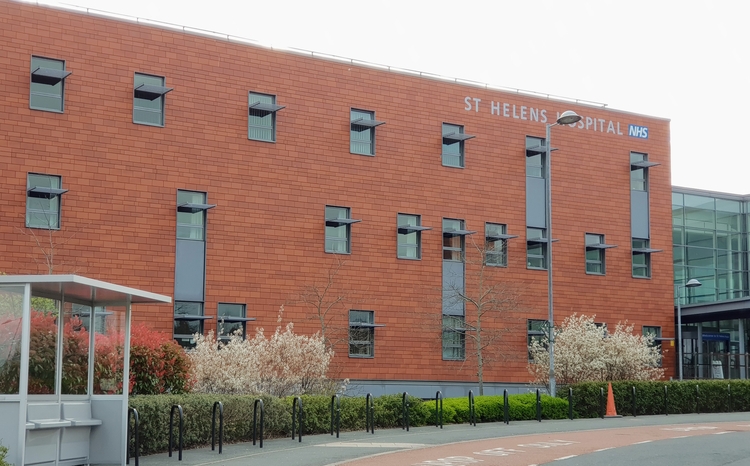Aus looks at opt-out for national EPR
- 25 July 2014

Australia is to consider moving to an opt-out approach to for its Personally Controlled eHealth Record scheme, according to the country’s top health chief information officer.
The data sharing project, which is currently opt-in, began in July 2012 when patients could register to get access to their own health records.
The Australian government has spent more than £550m on the scheme since it began, but uptake has been slow. In its first year, fewer than 5,000 individual providers and 400,000 people signed up.
Paul Madden, chief information and knowledge officer at Australia’s department of health, told a round table meeting in Glasgow this week that the current opt-in system had attracted 1.8m consumers out of a total population of 23m.
Madden explained that the original plan for an opt-out scheme was rejected after lobbying by groups concerned about privacy but there was a commitment to reconsider after two years.
The record is patient controlled with opportunities for inputs and for patients to control who has access to their record.
Madden said a review in September 2013 found that GPs were reluctant to get involved in a system where the take-up was not great; 50% of pharmacies had registered to use the record and the number was rising; 50% of public hospitals had registered and there was growing interest from specialists and allied health professionals.
But the challenge of reaping near-term benefits and demonstrating ‘meaningful use’ remained, he said.
Other experience of using the record showed information management was an issue and there was a need for new management tools to cope with more users and more records. An opt-out approach would send numbers through the roof.
In discussion with the audience, Madden said the record needed to viewed not as a “new facet, but as part-and-parcel of what we are doing. E-health is an artificial construct in the health agenda.”
The session was part of a digital health round table sponsored by system supplier, TPP, at the British Business House set up for the Commonwealth Games.




